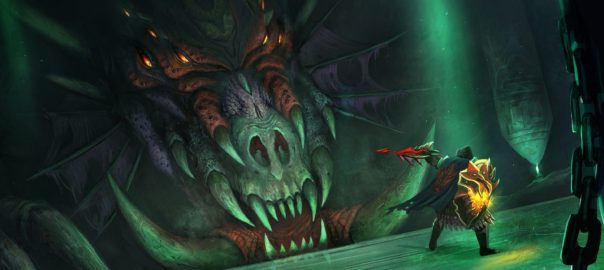Quest technology One Small Favor as a concept appeared relatively recently. “Quest” or “Adventure game” is one of the main genres of games that require the participant to solve mental problems to advance through the plot. In pedagogical science, it is defined as a specially organized type of research activity, for the implementation of which the student searches for information at the specified addresses. Check one small favour osrs below!
The Popularity of One Small Favor
Such interactive technologies, due to their constructiveness, accessibility, and relative ease of use, can become an effective tool in preventive work to form responsibility and prevent various offenses among students. The use of a genre that is familiar and popular among children in the virtual world allows you to acquire a lot of positive emotions and increase motivation for the development of the cognitive activity, and also contributes to the formation of a culture of team interaction, the development of communication skills, self-realization, and the disclosure of personal potential.
In modern conditions, the use of quest games of One Small Favor is relevant in the educational process, this is also due to the fact that modern adolescents master knowledge more productively in the process of independent search, study, and systematization of new information. The use of quests contributes to the upbringing and development of personality traits that meet the requirements of the information society, the disclosure of the individual abilities of children.
Your Guide to One Small Favor
The purpose of the game is to increase the level of legal knowledge among participants in the process. Tasks:
- informing participants in the educational process about basic legal aspects of modern society;
- formation of a culture of a healthy and safe lifestyle, prevention of deviant behavior, including those associated with the use of psychoactive substances;
- creating conditions for the acquisition of new social experience by students, contributing to the personal development and social activity of students;
- developing skills to counteract risky behavior.
The analysis of two options for using quests in the educational space: as a form of conducting a training session and as a form of methodological assignment for the development of quests (development of a plot, scenario plan, procedure, stages, technical assignments for implementation). The limitations, opportunities, and prospects of quests as a social pedagogical technology for the educational space of the university are revealed. Determined that due to the possibility of constructing social reality, emotional involvement, students not only master a significant amount of didactic material, but also cope with solving non-standard problems. It was revealed that they evaluate differently the possibilities of applying their professional knowledge in the future. The analysis showed that the most effective in terms of mastering knowledge and new competencies was (in the opinion of teachers and students) not the solution/passage of the quest, but the process of its creation.
Globalization processes and the rapid development of technologies have radically changed all spheres of life, including higher education. Competitive challenges arise for the higher education system in all countries of the world. Higher education is undergoing permanent transformations to maintain the ability to adequately respond to the needs of modern society. We need technologies that will make it possible to train people who are capable of designing new types of activities in the context of global competition, transforming the social environment, creating successful businesses, solving urgent problems of today’s practice, and possible problems of the future.

